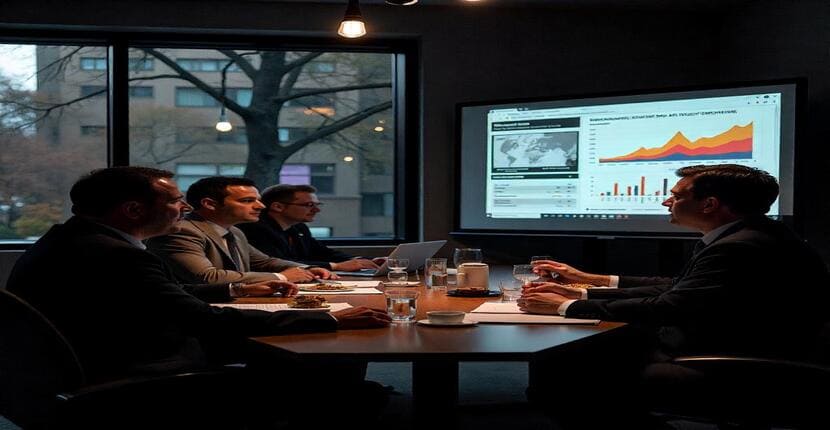Creso and Standard Bank on South Africa's energy future - CNBC Africa
In a recent report by Cresco and Standard Bank, it is emphasized that South Africa's energy landscape is at a pivotal juncture, demanding swift and significant action as the nation advances its energy transition. The June 2025 update provides a continuation and enhancement of insights first introduced in July 2024, with a focus on expanding grid capabilities to accommodate new renewable energy sources while phasing out coal. Olga Shushkova, an associate director at Cresco, shared insights from the report, stressing the critical nature of this transition period. 'The main message is that we have entered a critical phase in South Africa's energy journey. The need to accelerate new capacity additions to the grid is paramount,' Shushkova noted during the discussion. While the South African government has extended the deadline for decommissioning some coal plants to 2030, this is seen as only temporary relief. Shushkova expressed concerns about the slow pace of new energy projects. 'We face several challenges with the Renewable Energy Independent Power Producer Procurement Program (REPP) and gas Independent Power Producers (IPP) program,' she added. Such delays raise questions about the country’s ability to integrate necessary renewable capacities by the time coal decommissioning becomes non-negotiable. South Africa's current energy mosaic remains heavily reliant on coal, posing a significant barrier to meeting carbon intensity commitments set forth for environmental and climate goals. Despite such challenges, there is reassurance from government officials that South Africa remains on track. However, the growing role of renewables in this scenario cannot be overlooked. The report also underscores the importance of gas and its role in the energy mix as coal is gradually phased out. 'Gas is a crucial component of our future energy mix. As we eliminate coal, which provides our baseload energy, we require a dispatchable and reliable alternative, making gas essential,' Shushkova suggested. The ambitious plan to integrate 6 gigawatts of new gas capacity by 2030 has been characterized as challenging, with significant uncertainties about whether targets can be met considering current policy slowness and infrastructure development. Furthermore, the integration of battery storage is highlighted as indispensable in making renewable energy sources more reliable. 'Battery storage transforms renewable energy from being non-dispatchable to dispatchable, thus introducing much-needed reliability. Both government and private sectors must bolster their battery storage capabilities,' Shushkova emphasized. In conclusion, the report from Standard Bank and Cresco paints a picture of urgency. As South Africa navigates this complex energy transition landscape, speed, scale, and connectivity are underscored as critical parameters. The nation's success in this endeavor not only affects domestic energy security but also positions South Africa as a player in the global fight against climate change.










